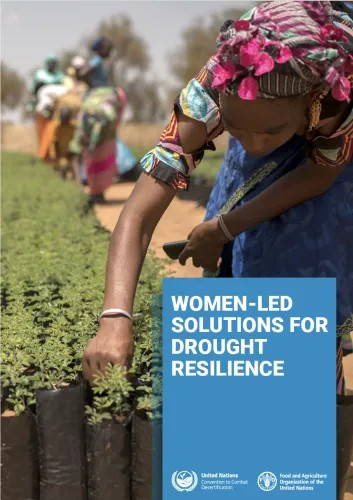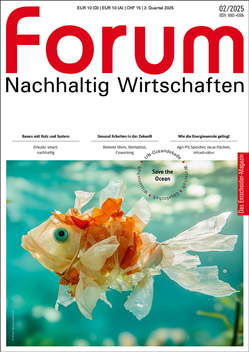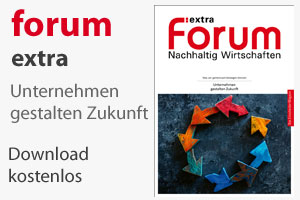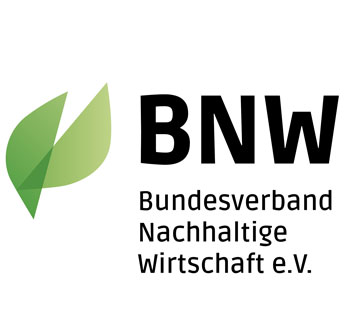UNCCD: Women in leadership in the face of drought
New report showcases women-led solutions for building drought resilience
Women produce up to 80 per cent of food in developing countries, yet less than 20 per cent of landowners are women. Droughts contribute to 15 per cent of disaster-related economic losses globally and are responsible for 85.8 per cent of livestock deaths.
 © UNCCD
© UNCCDLaunched on the occasion of the International Day of Rural Women, the report titled Women-Led Solutions for Drought Resilience calls for better recognizing and supporting women-led efforts to protect vulnerable communities from the devastating effects of drought. It also underscores that women's land rights are crucial for achieving food security.
"Women have long been viewed as the most vulnerable to drought, but as this report reveals, they are also the most resilient, leading the way in developing solutions to one of the world's most pressing challenges," said Ibrahim Thiaw, Executive Secretary of the UNCCD. "The ingenuity and resourcefulness of women combatting drought around the world is boundless. Whether in the Africa’s Sahel region, in northern Kenya, in Iran, in Peru or in Morocco, women have proven their resilience and their ability to overcome the most inextricable conditions to keep their families thriving. Addressing gender inequality is not only about fairness—it is an opportunity to harness untapped potential in the fight against climate change."
Gender inequalities and disproportionate impacts
Women and girls are disproportionately affected by drought due to persistent structural gender inequalities that limit their access to essential resources such as land, water, and financial services. These inequalities also place formidable workloads on women and girls. In many drought-impacted areas, women are primarily responsible for collecting water, often walking long distances, putting their health and safety at risk. Moreover, they manage unpaid care work, such as caring for children and the elderly, which further complicates their ability to cope with drought and underscores the need for drought plans to take into account specific challenges faced by women.
Key findings: Women as drivers of global drought resilience
Despite facing systemic barriers such as limited land ownership, women are developing innovative solutions that enable their communities to adapt to the increasingly harsh environmental conditions.
- Women’s role in food production: Women produce up to 80 per cent of the food in developing countries but own less than 20 per cent of the land globally. This disparity limits their access to resources such as credit and training and their ability to prepare for and recover from droughts exacerbating their vulnerability to climate change.
- Drought’s global impact: Droughts contribute to 15 per cent of disaster-related economic losses globally and are responsible for 85.8 per cent of livestock deaths. In rain-fed agricultural regions, drought threatens the livelihoods of women, who make up a significant portion of the agricultural labour force.
- Land degradation and poverty: Up to 40 per cent of the world’s land is degraded, affecting over 3.2 billion people. As a result of land degradation and drought many women, are forced to walk longer distances to access clean water and gather fuel wood for their families.
- Economic benefits of women’s land rights: Research shows that securing land rights for women improves household nutrition, increases spending on children’s education, and enhances overall economic conditions.
Women-led initiatives across the globe
The report features 35 case studies from Africa, Asia, and Latin America, showcasing women's leadership in addressing drought resilience. From water conservation practices to climate-smart farming techniques, the examples illustrate how women are driving progress and building resilience to drought.
- In Peru, pastoralist women combine modern and traditional knowledge to manage water resources using ecohydrological monitoring, ensuring year-round vegetation to support livestock and mitigate drought crises.
- In India, women have developed rainwater collection systems during monsoons, securing water for crops during dry periods and safeguarding food production.
- In Kyrgyzstan, women are restoring degraded land by cultivating medicinal herbs, creating both environmental recovery and sustainable income sources.
Looking ahead: Women’s leadership at COP16
The findings of Women-Led Solutions for Drought Resilience will inform the discussions at the 16th Conference of the Parties (COP16) to the United Nations Convention to Combat Desertification (UNCCD) that will take place in Riyadh, Saudi Arabia, from 2 to 13 December 2024. A key focus of UNCCD COP16, including its Gender Caucus, will be scaling up women-led initiatives and ensuring that gender-responsive strategies are at the heart of global drought resilience efforts. Increased investment in these strategies will be critical for supporting communities in addressing the growing environmental challenges posed by desertification, land degradation and drought worldwide.
The full report Women-Led Solutions for Drought Resilience is available in English: Women-led solutions for drought resilience | UNCCD.
About the International Day of Rural Women
The International Day of Rural Women, celebrated annually on 15 October, highlights the critical role rural women play in sustaining their communities and global food systems. The theme for 2024, "Rural Women Cultivating Good Food for All", highlights their contributions from crop production to food distribution, despite facing systemic inequalities such as limited access to land, financial resources and decision-making power. As key drivers of food security, rural women are essential to building more resilient and sustainable agricultural systems, which is an essential step towards achieving global development goals such as zero hunger and gender equality.
In our next issue of forum Nachhaltig Wirtschaften, which will be published at the beginning of December, we will cover the topic of soil degradation and soil health in detail. Pre-order now!
Umwelt | Klima, 24.10.2024

Save the Ocean
forum 02/2025 ist erschienen
- Regenerativ
- Coworkation
- Klimadiesel
- Kreislaufwirtschaft
Kaufen...
Abonnieren...
30
APR
2025
APR
2025
Franz Alt: Die Solare Weltrevolution - Aufbruch in eine neue Menschheitsepoche
In der Reihe "Mein Klima… in München"
80331 München und online
In der Reihe "Mein Klima… in München"
80331 München und online
07
MAI
2025
MAI
2025
MakerCamp Genossenschaften 2025
Genossenschaftliche Lösungen in Wirtschaft, Kommunen und Gesellschaft
65189 Wiesbaden
Genossenschaftliche Lösungen in Wirtschaft, Kommunen und Gesellschaft
65189 Wiesbaden
14
MAI
2025
MAI
2025
Klimaschutz im peruanischen Regenwald
Delegierte der Asháninka teilen ihre Perspektiven
80802 München, Seidlvilla
Delegierte der Asháninka teilen ihre Perspektiven
80802 München, Seidlvilla
29
JUN
2025
JUN
2025
Constellations Week 2025 in Südtirol
Inspiration, Klarheit und Empowerment
I-39010 Tisens-Prissian, Südtirol
Inspiration, Klarheit und Empowerment
I-39010 Tisens-Prissian, Südtirol
Professionelle Klimabilanz, einfach selbst gemacht

Einfache Klimabilanzierung und glaubhafte Nachhaltigkeitskommunikation gemäß GHG-Protocol
Politik
 Ein Staat kann nicht geführt werden wie ein Unternehmen
Ein Staat kann nicht geführt werden wie ein UnternehmenChristoph Quarch analysiert die aktuellen Entwicklungen in der US-Regierung
Jetzt auf forum:
Porsche investiert entschlossen in die Zukunft
16 Steps Initiative | Für eine klimaneutrale Veranstaltungswirtschaft
Nachhaltige Mobilität im Personen- und Güterverkehr - Quo Vadis?
Diskurse und geballtes Energiewissen im Rahmenprogramm
Der Einfluss von Digitalisierung auf nachhaltige Geschäftsmodelle


















